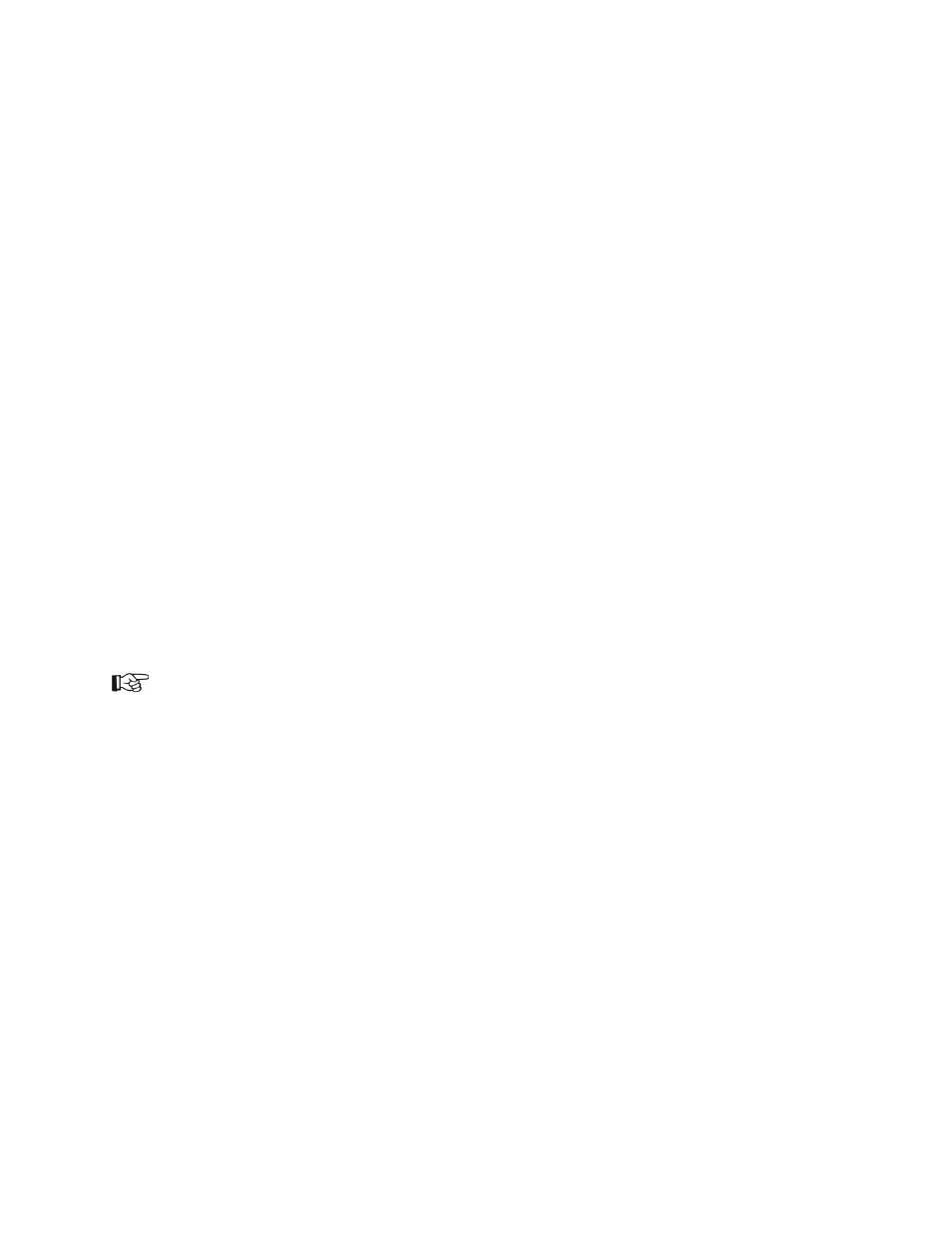13 pixel perfect, Pixel perfect – Grass Valley Channel Composer v.1.6.2 User Manual
Page 41

Channel Composer User Manual - Channel Composer User Manual- document version: 1.6.2 - 40
6.13 Pixel Perfect
An Object is pixel perfect if it maps its content straight to playout and does not transform the content's
pixels during the rendering process. Distortions can occur for many reasons. For example: the Object is
rotated, scaled, positioned in front or behind the 2D plane or on sub pixel coordinates, the content is
stretched over the surface of a 3D object, texture filtering and/or effects are applied, etcetera. These
distortions are often unwanted, especially for 2D-elements such as text and main clips.
To display Objects' pixel perfect information, on the toolbar select the
View > Pixel Perfect option.
An exact match is displayed in green:
Pixel perfect. Discrepancies are displayed in red:
•
Material distortion: the material applied transforms pixels.
•
Not on 2D plane: the plane on which content is displayed is not on the 2D plane (not on the z-
coordinate 0).
•
Shape/size mismatch: the plane on which content is displayed is bigger or smaller than the
content's dimensions.
•
Rotated: the plane on which content is displayed is rotated.
•
Sub-pixel coordinates: one or more edges of an Object are on sub-pixel coordinates.
•
Texture filtering on: texture filtering is enabled.
•
Effect on: the Object has an effect.
•
Height is not an even value: the interlaced content is displayed on a plane that does not have a
height that is an even number (in pixels).
The Example Project Quality Assurance explains various Channel Composer techniques that can be used
to counter graphics artifacts commonly seen in broadcasting. Examples demonstrate how to deal with the
most common causes of distortions for 2D elements: sub pixel positioning and texture filtering of
interlaced content.
